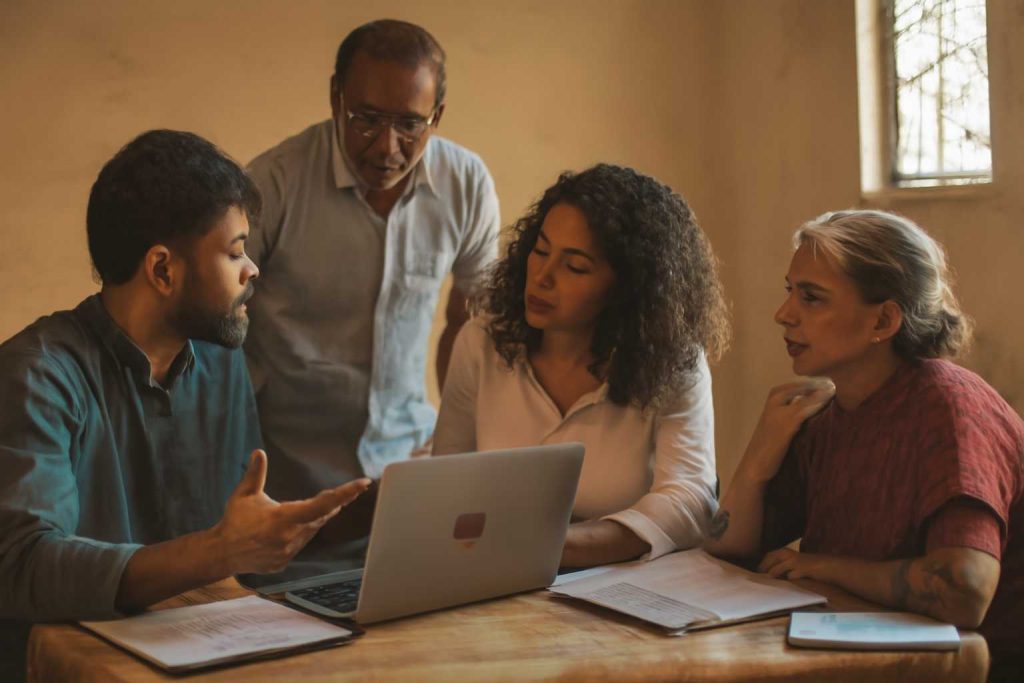Bhanumati is in a meeting with a Head Master in a school in Hassan District. The Head Master shares his experience of several years – the attendance of parents in Parent-Teacher meetings has been very disappointing. “They are just not interested, Madam! They do not pay any attention to their children. And they are illiterate so they do not understand what is going on in the school.”
This article has been originally posted on Youth ki Awaaz
Bhanumati suggests that it might be good to call the local Agriculture Extension Officer and discuss the procurement price of that season’s potato crop. “But Madam, how can we call the Agriculture Extension Officer to our school? They have nothing to do with the school!”, the Head Master replied. “Let us meet the Agriculture Extension Officer and see what he says. After that let us think about how we can get the parents to come.”, Bhanumati replied. And so it came about that the Agriculture Extension Officer came to the school on the village market day and met with the parents. The classroom was overflowing and there were six to seven people sitting at each of the desks! Post the discussion with the Agriculture Extension Officer around procurement prices, availability of fertilisers etc, Bhanumati began to talk to the parents about their children’s learning and how they could get involved. The conversation led to many ways in which parents felt that they could get involved in their children’s learning…and a new chapter in the relationship between the school and the parents began.
In a typical organisation, most management processes tend to be broken down into tasks that are controlled and monitored by the ‘higher-ups’. Command and control was necessary in organisations that were manufacturing goods to meet customer requirements, and increase profits. This meant that the optimal way of doing something had generally been figured and merely needed to be followed to get the best result. Then, the role of employees in such organisations was to follow the process, which led to a myopic vision of their role. This paradigm creates problems in the social sector. How can the agency of an individual be brought to bear so that they are able to identify and define problems, and solve them in context?
There are many problems in the social sector that do not have predetermined solutions. There is a need for people on the ground to be creative, to have a deep understanding of the context, and have a sense of purpose and authenticity in their work, to be able to respond to the ground. They also need to be able to see their work as contributing to the larger picture. Bhanumati understood the needs of the community, and leveraged that understanding to meet those needs while also creating a space for parents and teachers to begin a conversation. In a system that expects the ‘functionaries’ to follow rules and do what they are told, this type of creative response would not be possible. There is a need, therefore, to create a system that fosters creativity and appropriate responses to complexities and needs on the ground. Development management needs to think about the structures and processes that can foster this.




